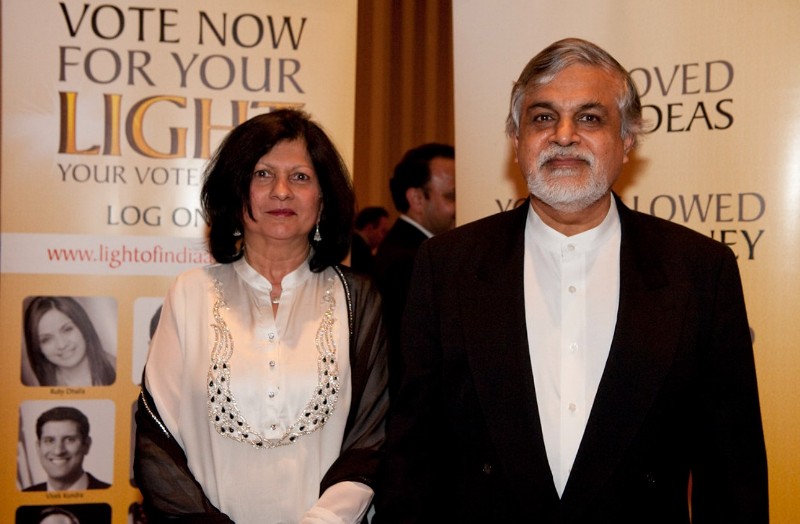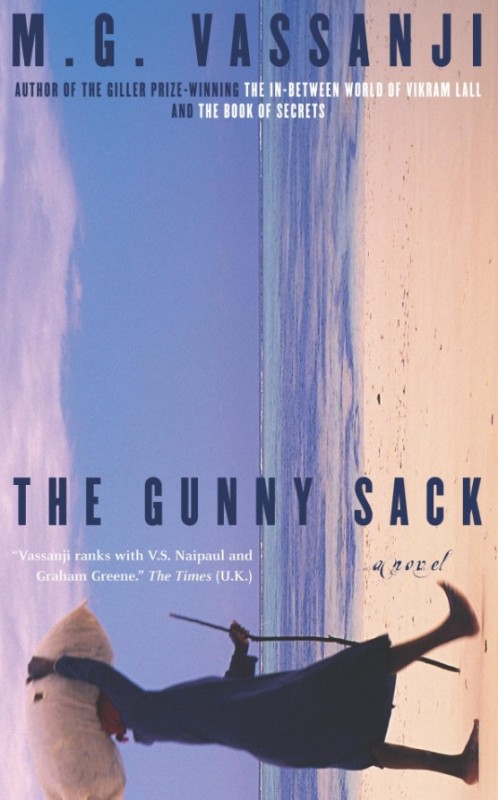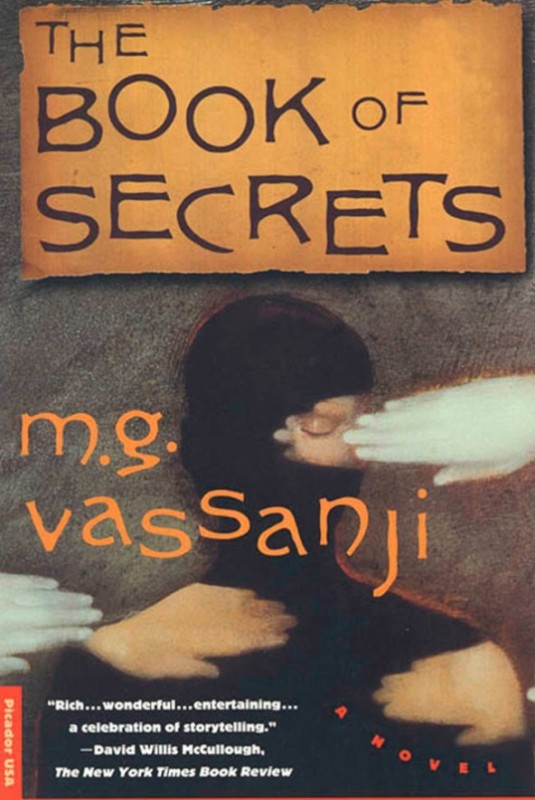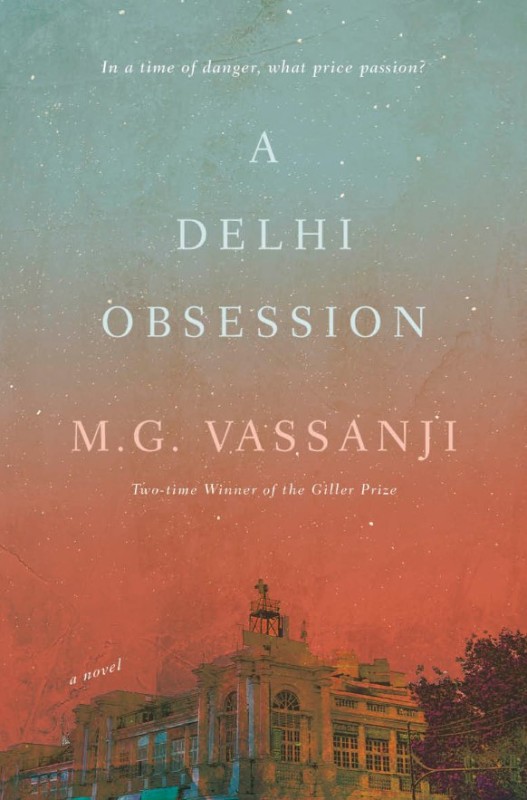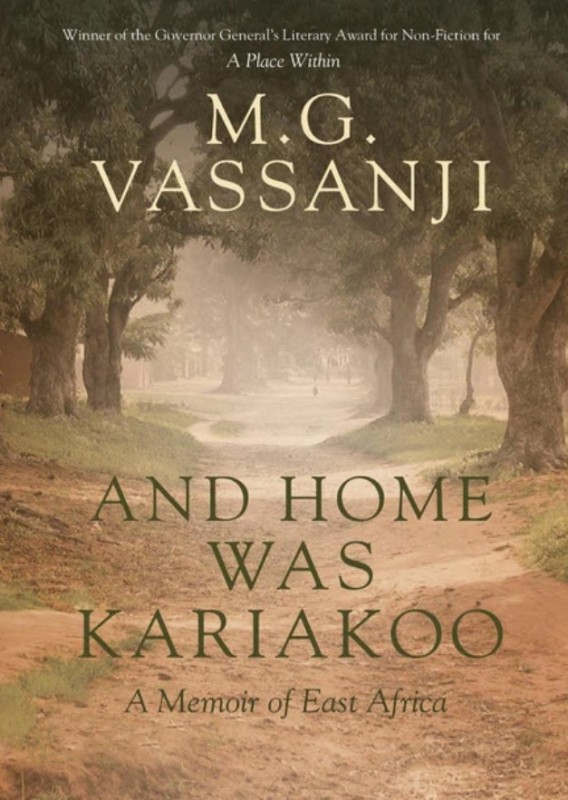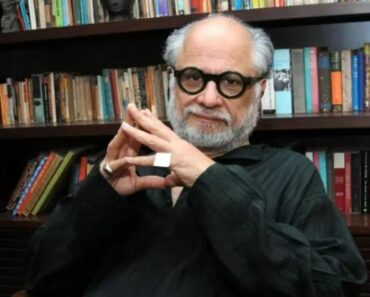Moyez G. Vassanji, better known by his pen name M. G. Vassanji, is a Canadian novelist and editor who got recognition for his books like ‘The Book of Secrets’ (1994), ‘The Assassin’s Song’ (2007), ‘The Magic of Saida’ (2012), and ‘A Delhi Obsession’ (2019). His constant migration in early life has inspired his writing, gradually creating his current style.
Contents
Wiki/Biography
M. G. Vassanji was born on Tuesday, 30 May 1950 (age 73 years; as of 2023) in Nairobi, Kenya in East Africa and raised in Tanganyika, now Tanzania. His zodiac sign is Gemini. He immigrated to The United States in 1970, where he attended the Massachusetts Institute of Technology and the University of Pennsylvania, where he did his PhD in 1978 after which he moved to Canada. From 1980 to 1989, Vassanji served as a research associate at the University of Toronto. M. G. Vassanji’s grandparents hailed from the western region of Gujarat and then migrated to different corners of the world due to which he developed an interest in medieval Indian history and Indian literature. Numerous themes that comprise Vassanji’s life make his author’s life praised worldwide. M. G. Vassanji is settled in Toronto, Canada. [1]Penguin Random House
Family
Parents & Siblings
M. G. Vassanji’s parents Gulamhussein Vassanji and Daulatkhanu Nanji, were Indian immigrants who moved to Kenya in East Africa where Vassanji was born. Vassanji’s father passed away when Vassanji was just five years old. The clothing store owned by his mother was the only source of income to raise Vassanji and his four siblings.
Wife & Children
M. G. Vassanji got married to Nurjehan Aziz on 14 July 1979. His wife was a laboratory researcher, and they started the Toronto South Asian Review in 1981, which was later renamed The Toronto Review of Contemporary Writing Abroad.
Vassanji and Nurjehan have two children, Kabir and Anil.
Religion/Religious Views
M. G. Vassanji claims himself to be a rationalist and does not believe in mythological studies or the concept of god.
Career
Novelist
Vassanji began his literary career in 1980 when he started writing fiction. His first novel, ‘The Gunny Sack,’ published in 1989, was a book pertaining to the struggles of four generations of Asian immigrants in Tanzania. The novel was all about German colonial rule and how Asians struggled their way through it.
In 1994, Vassanji published another novel, ‘The Book of Secrets’ (1994), which has been Vassanji’s one of the most detailed and elaborated fiction texts. The text talks about the caste system and Indians living in East Africa.
‘Amriika’ (1999) was all about the experiences of Asians who migrated to America to pursue their higher studies. The name “Amriika” was derived from the way Indians say America. Vassanji’s way of expressing the struggles of immigrants makes him the most loved writer in the literary field. One of the famous books by M. G. Vassanji that received the limelight was ‘The Assassin’s Song’, published in 2007. The book emphasized on suffering in silence, differences of opinion, longings of life, etc. This novel was also nominated for prestigious awards as readers were deeply touched by the themes in the book. In 2012, M. G. Vassanji released another novel, ‘The Magic of Saida’. The themes of this text were horror, suspense, magical powers and complications of life. This novel has been claimed as one of Canada’s best novels. Vassanji published a new novel in 2019, ‘A Delhi Obsession: A Novel,” a book affecting to a large extent. Portraying contemporary India, the text focused on religious views, identity struggles, family, and the influence of history.
Short Stories
M. G. Vassanji published a set of short stories in 1992, ‘Uhuru Street,’ which showcased the living of Asians in Dar es Salaam, a city in Tanzania. Vassanji amazingly described how people are getting more and more practical with age and losing their innocence with modernization. The comparisons made between old and new generations reflect how people are slowly forgetting their roots. M.G. Vassanji released his second set of short stories in 2005, ‘When She Was Queen.’ The book comprises 10 short stories, starting from the streets of Tanzania to the developed towns of Canada. Vassanji, in his book, depicts the various haunting and bittersweet tales and experiences in the most amazing way.
Memoir & Biography
M. G. Vassanji published his first memoir in 2008, ‘A Place Within: Rediscovering India.’ This book is all about Vassanji’s first travel experience in India, a place where his roots belong. Vassanji has also expressed how his visit has grown his relationship with his roots more and better. The depiction of his experience as a journal entry impressed the readers the most. In 2008, M. G. Vassanji published the biography of Mordecai Richler (a Canadian Writer), ‘Extraordinary Canadians: Mordecai Richler.’ Even though there were no similarities amongst them other than writing, this biography written by Vassanji was the finest depiction of the life of Mordecai Richler. In 2014, M. G. Vassanji published another memoir, ‘And Home Was Kariakoo: A Memoir of East Africa.’ This piece was solely dedicated to Vassanji’s homeland and how he became what he became because of his birthplace.
Awards, Honours, Achievements
- M. G. Vassanji won The Giller Prize for Best Work of Fiction in Canada in 1994 for ‘The Book of Secrets.’
- M. G. Vassanji won The Giller Prize for Best Work of Fiction in Canada in 2003 for ‘The In-Between World of Vikram Lall.’
- M. G. Vassanji won The Governor General’s Award for Best Work of Non-Fiction in 2009 for ‘A Place Within: Rediscovering India.’
- M. G. Vassanji’s ‘The Assassin’s Song’ was nominated for The Governor General’s Award for English-Language Fiction in 2007 and India’s Crossword Prize.
- M. G. Vassanji also won The Commonwealth First Book Prize in Africa, in 1990.
- M. G. Vassanji also won The Harbourfront Festival Prize.
- M. G. Vassanji also won The Council Molson Prize for the Arts (Career Achievement) in June 2015 in Canada.
- M. G. Vassanji’s book ‘When She Was Queen’ was nominated for The City of Toronto Book Award in 2006.
Favourites
- Food: M. G. Vassanji loves Indian masala tea.
- Writer: M. G. Vassanji loved the Russian novelist, Fyodor Dostoevsky, and American writer, Conrad Aiken.
Facts/Trivia
- M. G. Vassanji has been made a member of ‘The Order of Canada’ for his contributions to writing and arts.
- M. G. Vassanji was highly inspired by Alauddin Khalji. [2]Penguin Random House India
- M. G. Vassanji’s work has been translated into many languages like Arabic, Dutch, French, German, Hindi, Japanese, Spanish, Portuguese, Turkish, etc.
- M. G. Vassanji worked at the Chalk River Atomic Power Station before moving to Canada.
- M. G. Vassanji started writing his first book in 1980 and published it after 9 years.
- M. G. Vassanji’s main themes in writing have always been race, faith, and the identity of alienation.
- Ever since M. G. Vassanji started writing, he was always interested in the history of Asians in East Africa.
- M. G. Vassanji loved writing since his school days and enjoyed his English Composition classes.
- M. G. Vassanji dislikes how South Asians always label people with religions and castes.
References
| ↑1 | Penguin Random House |
|---|---|
| ↑2 | Penguin Random House India |


